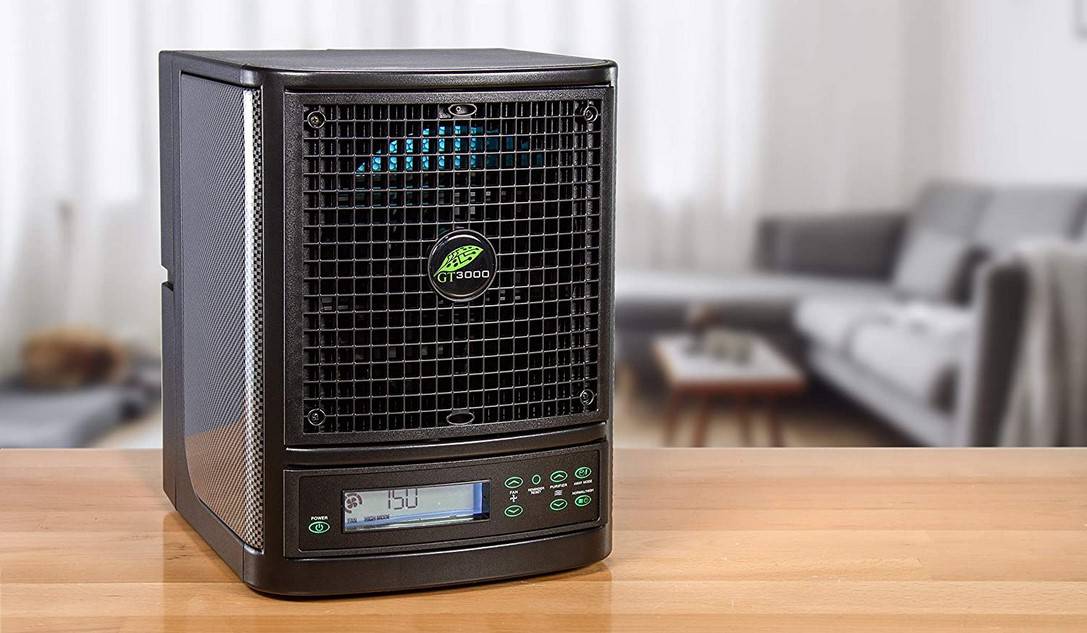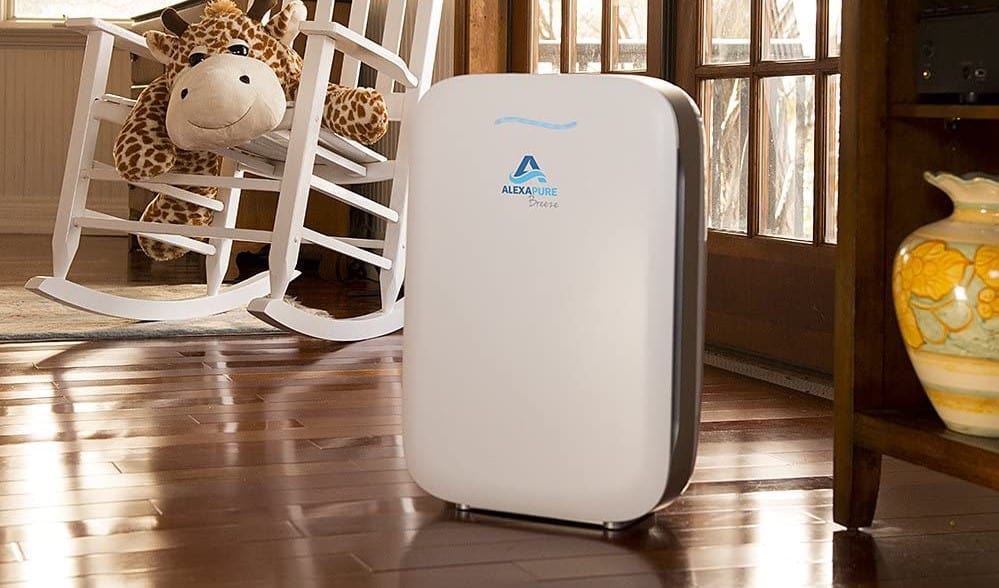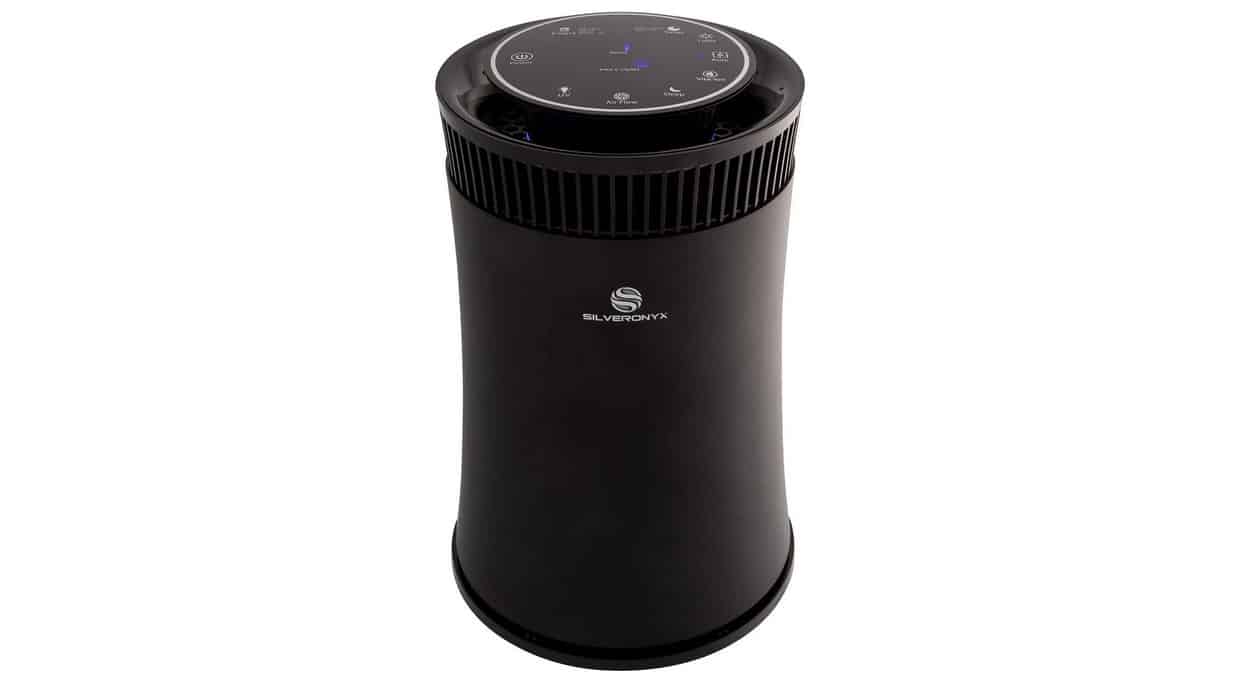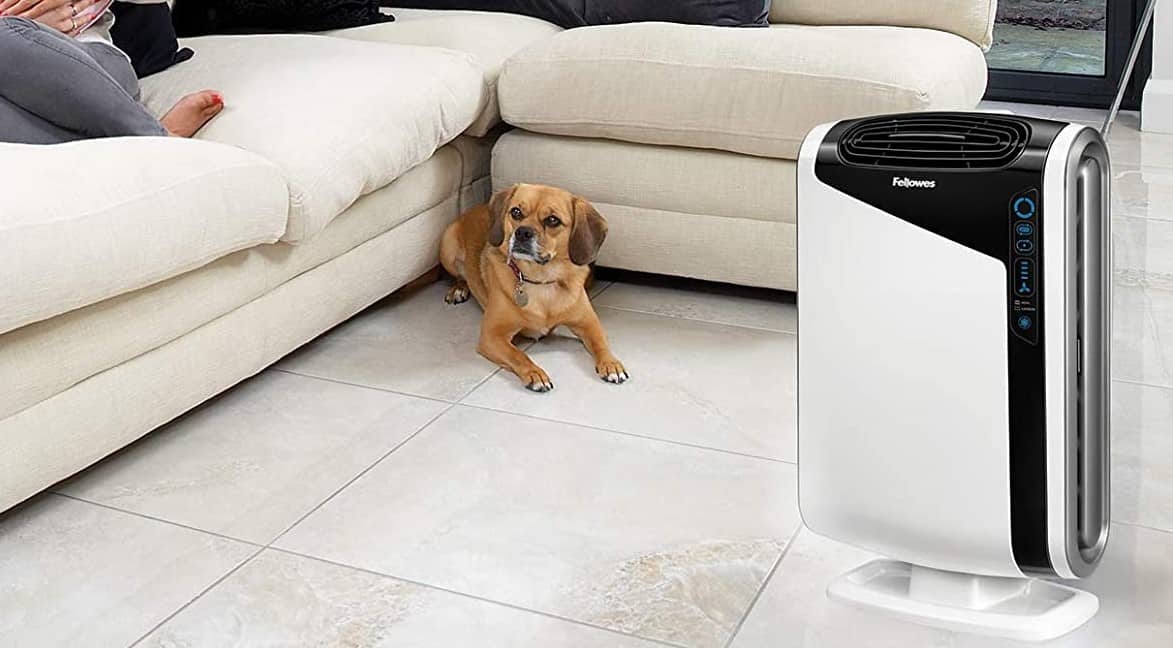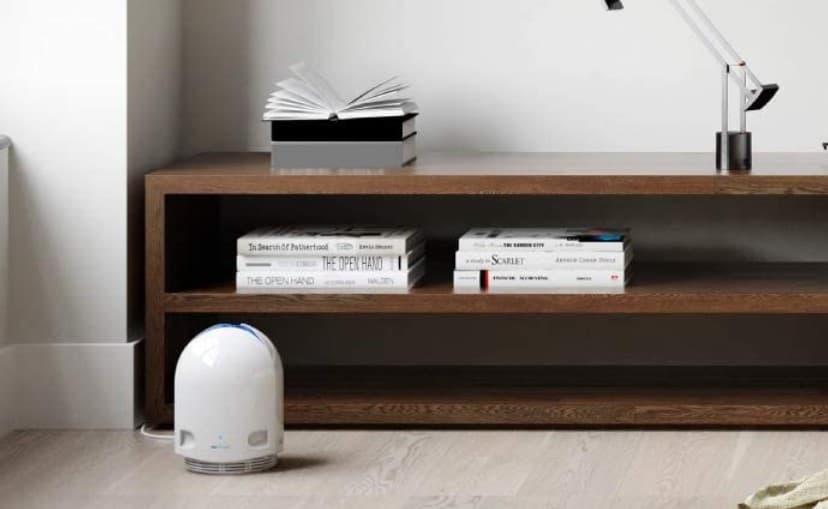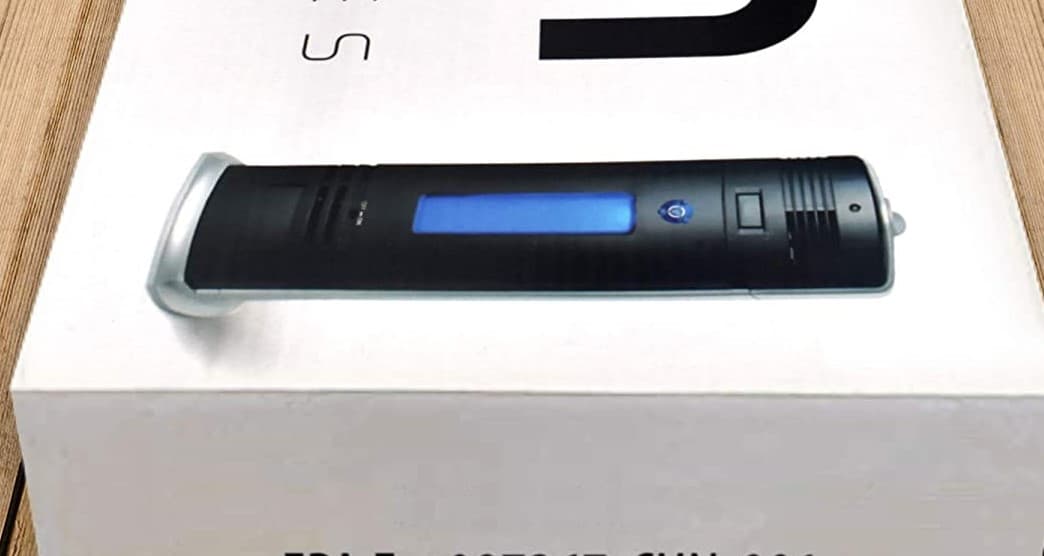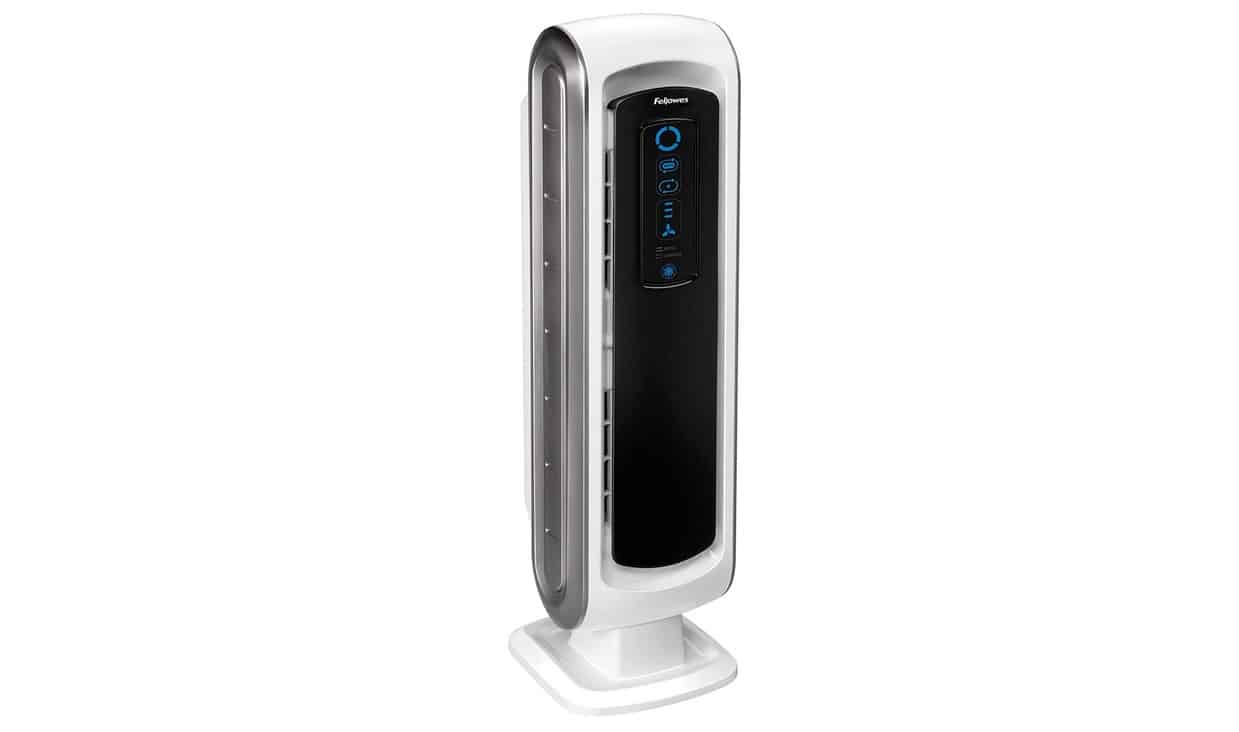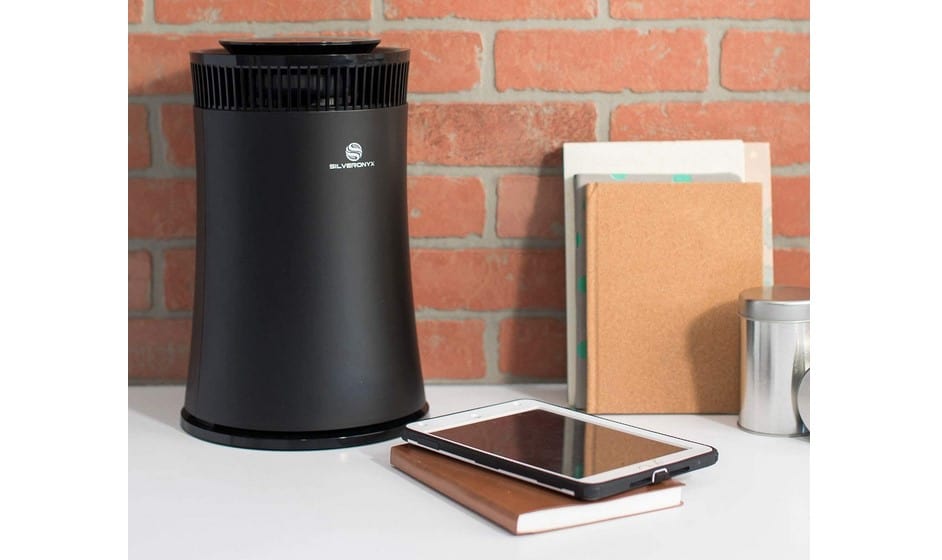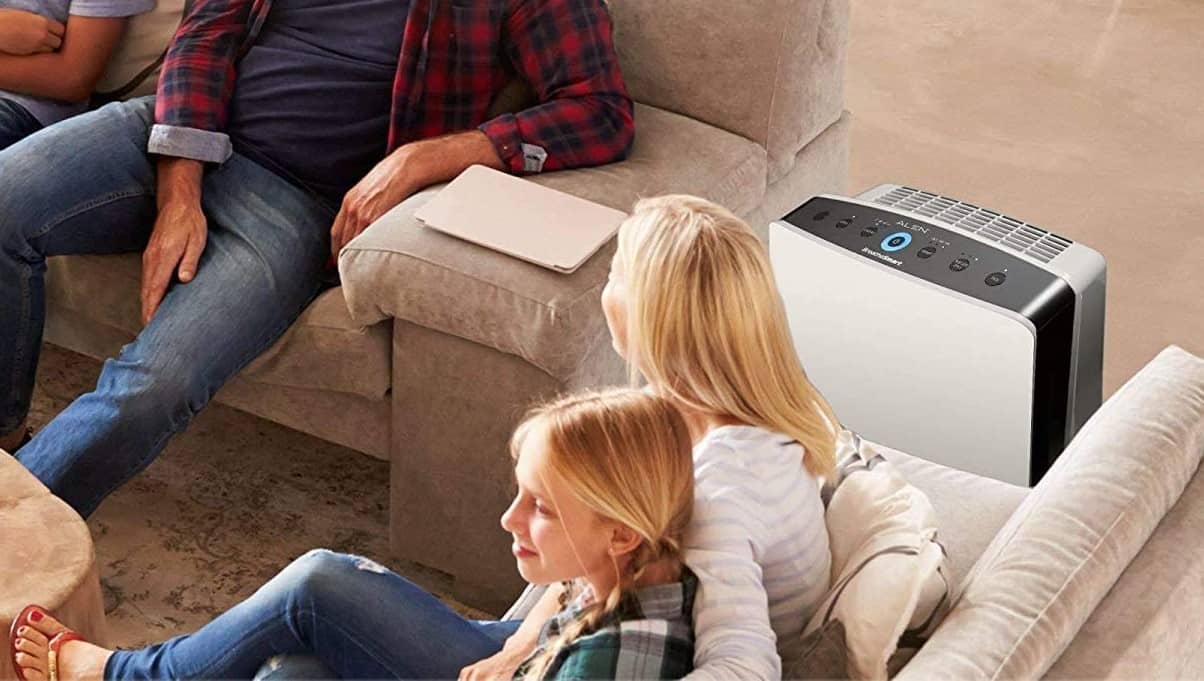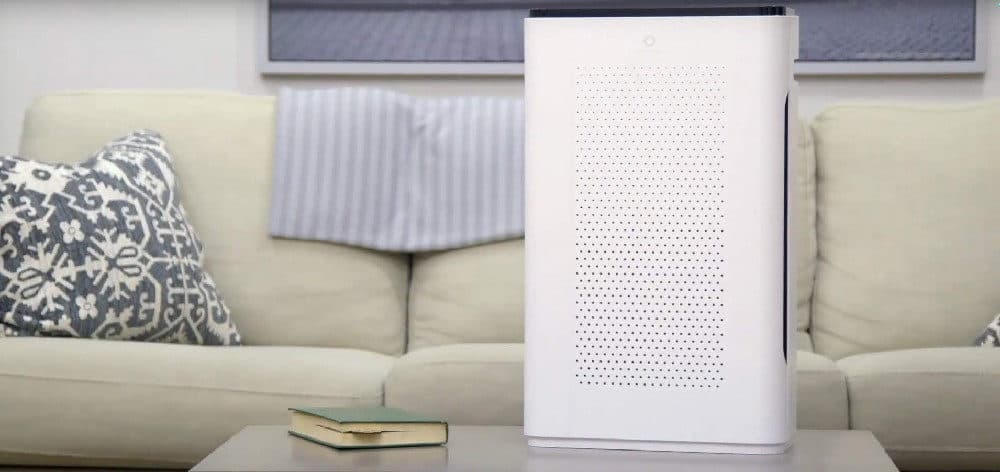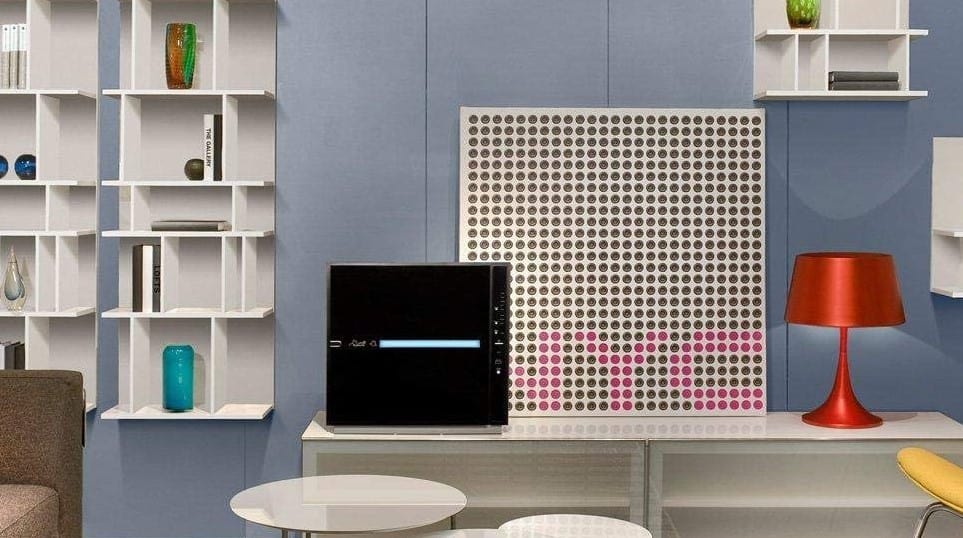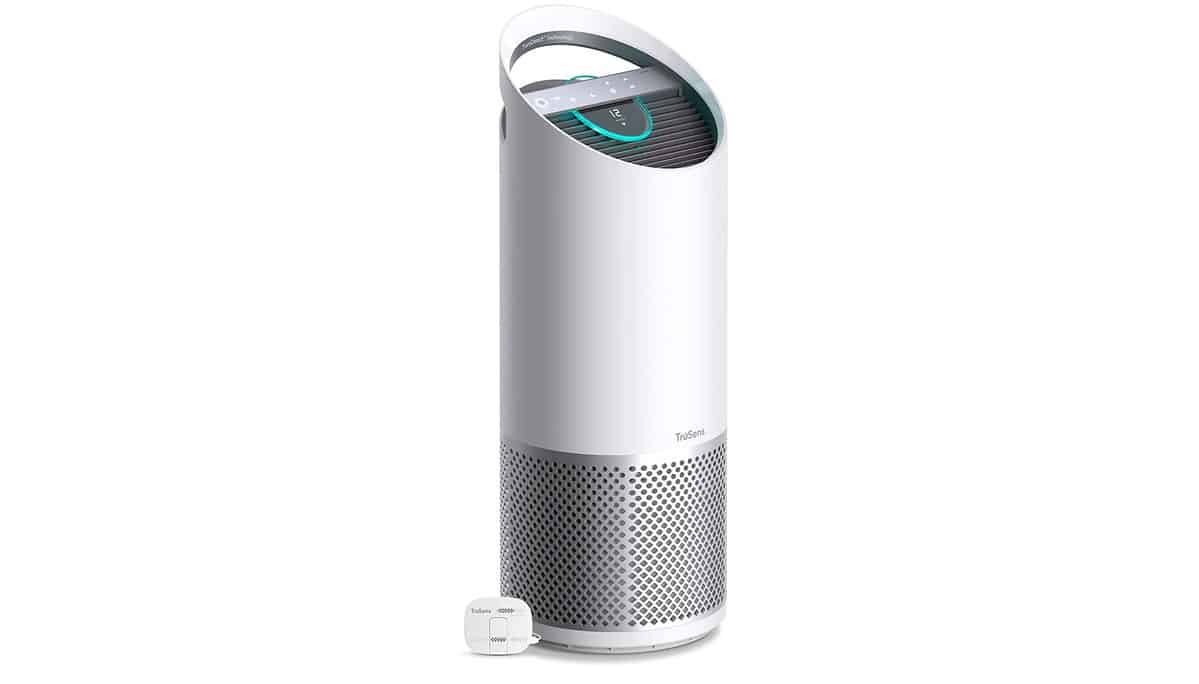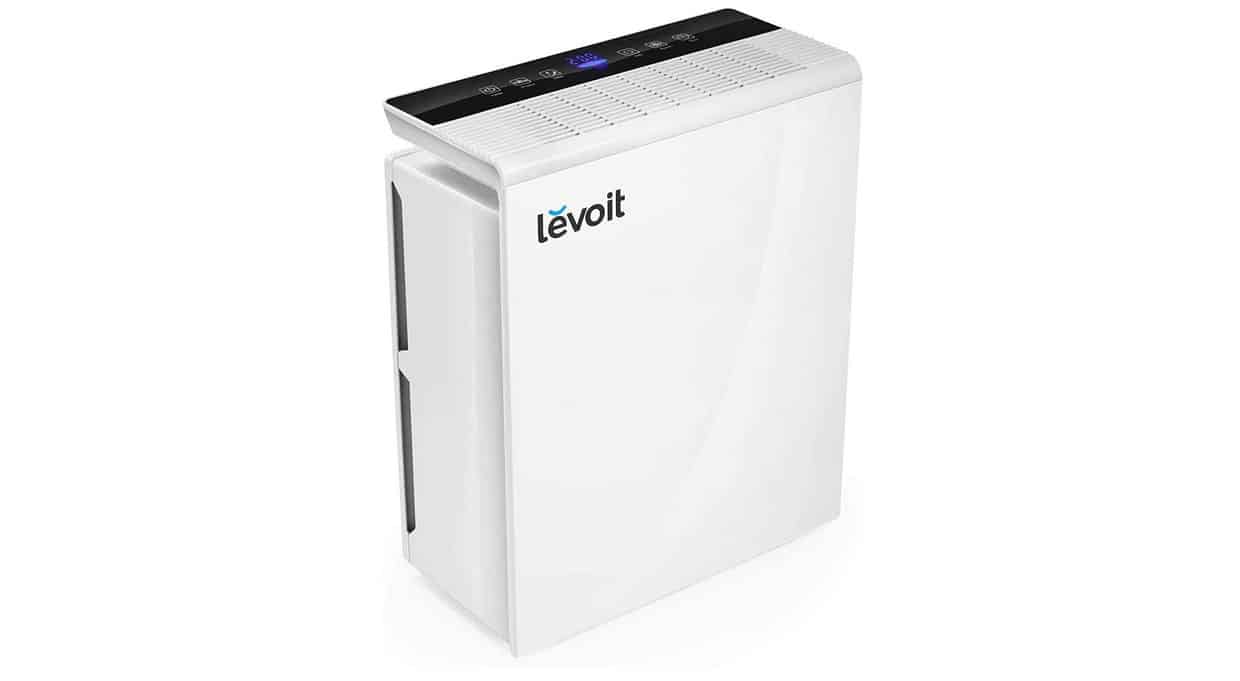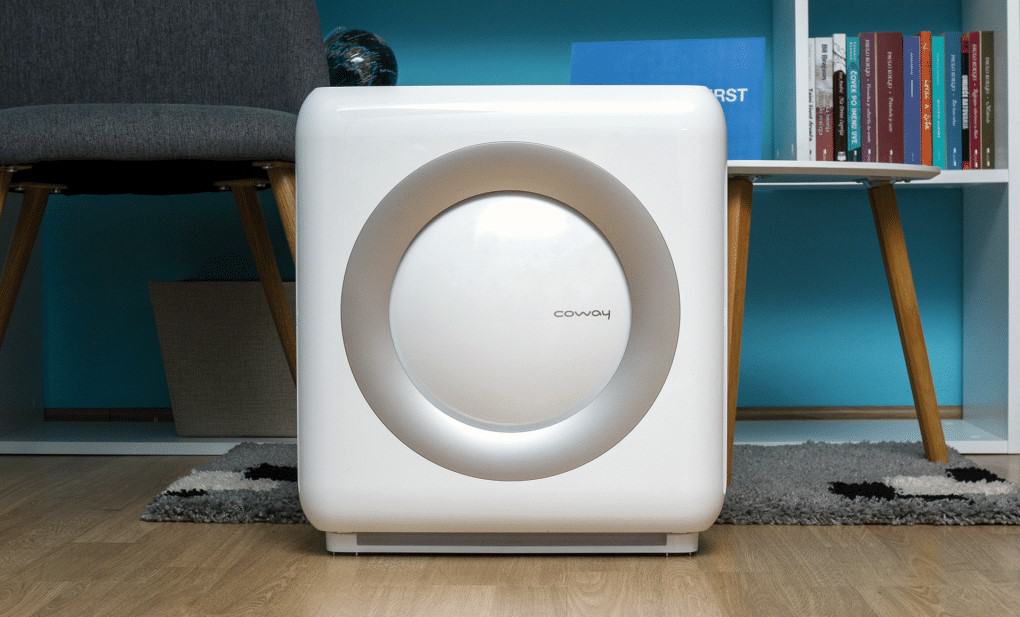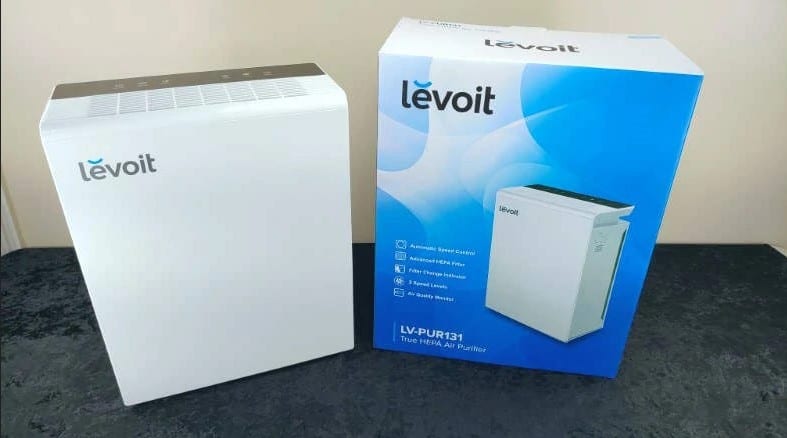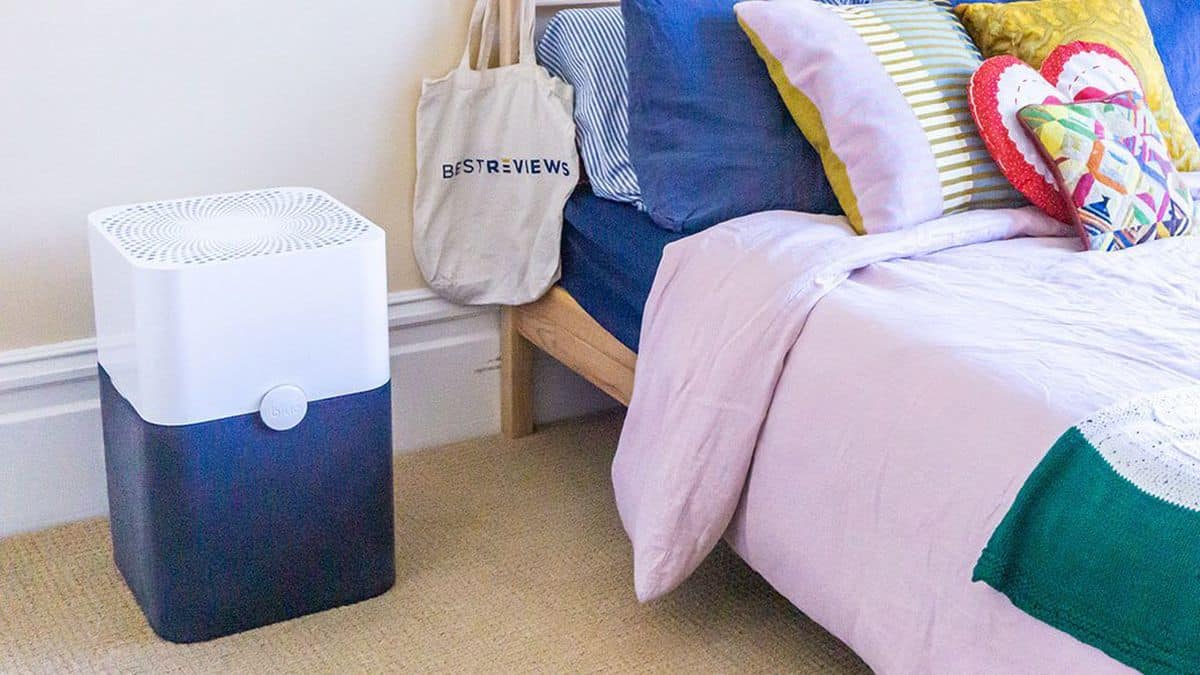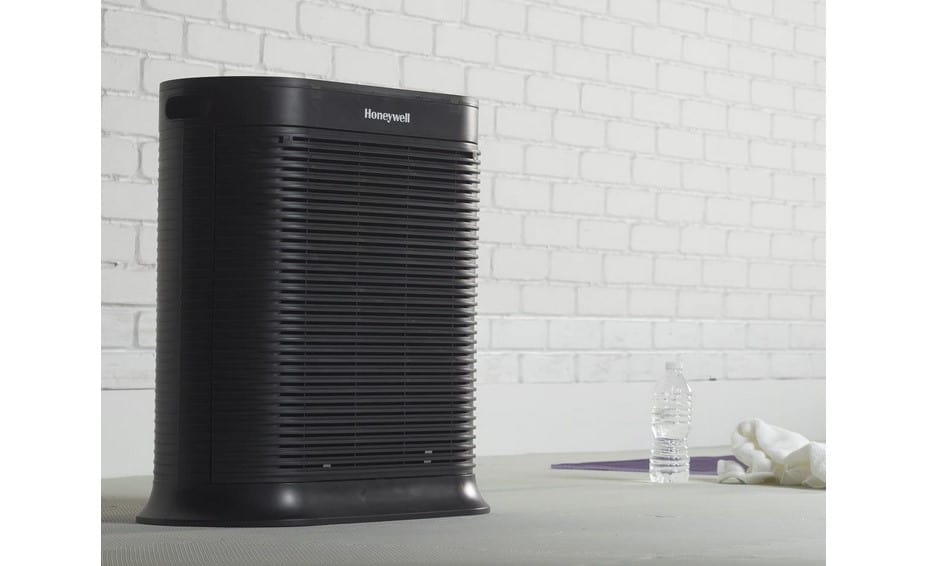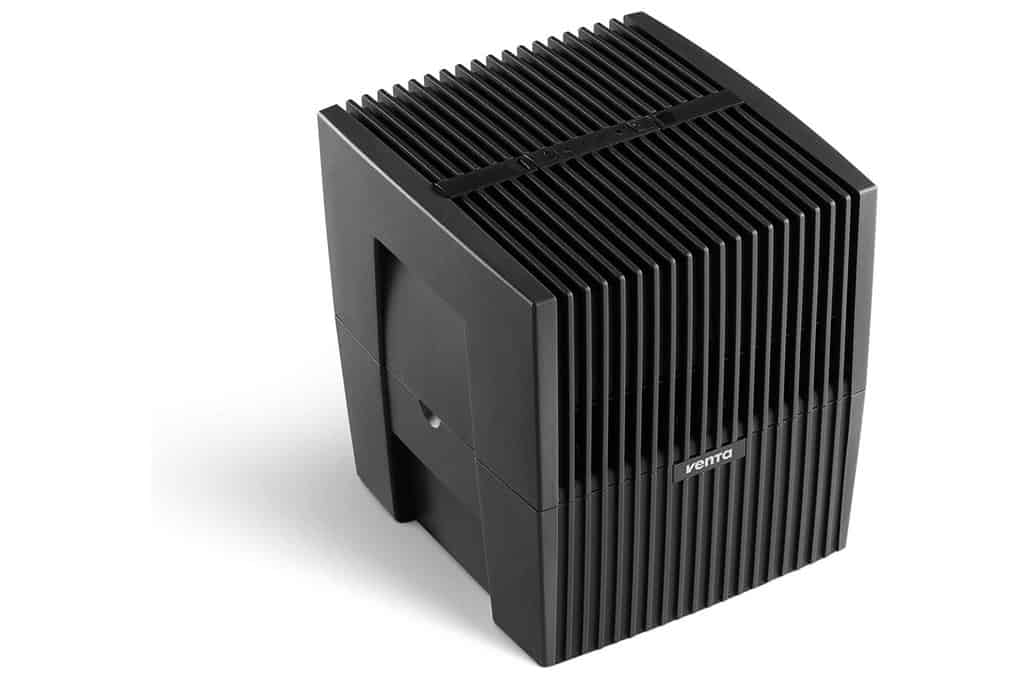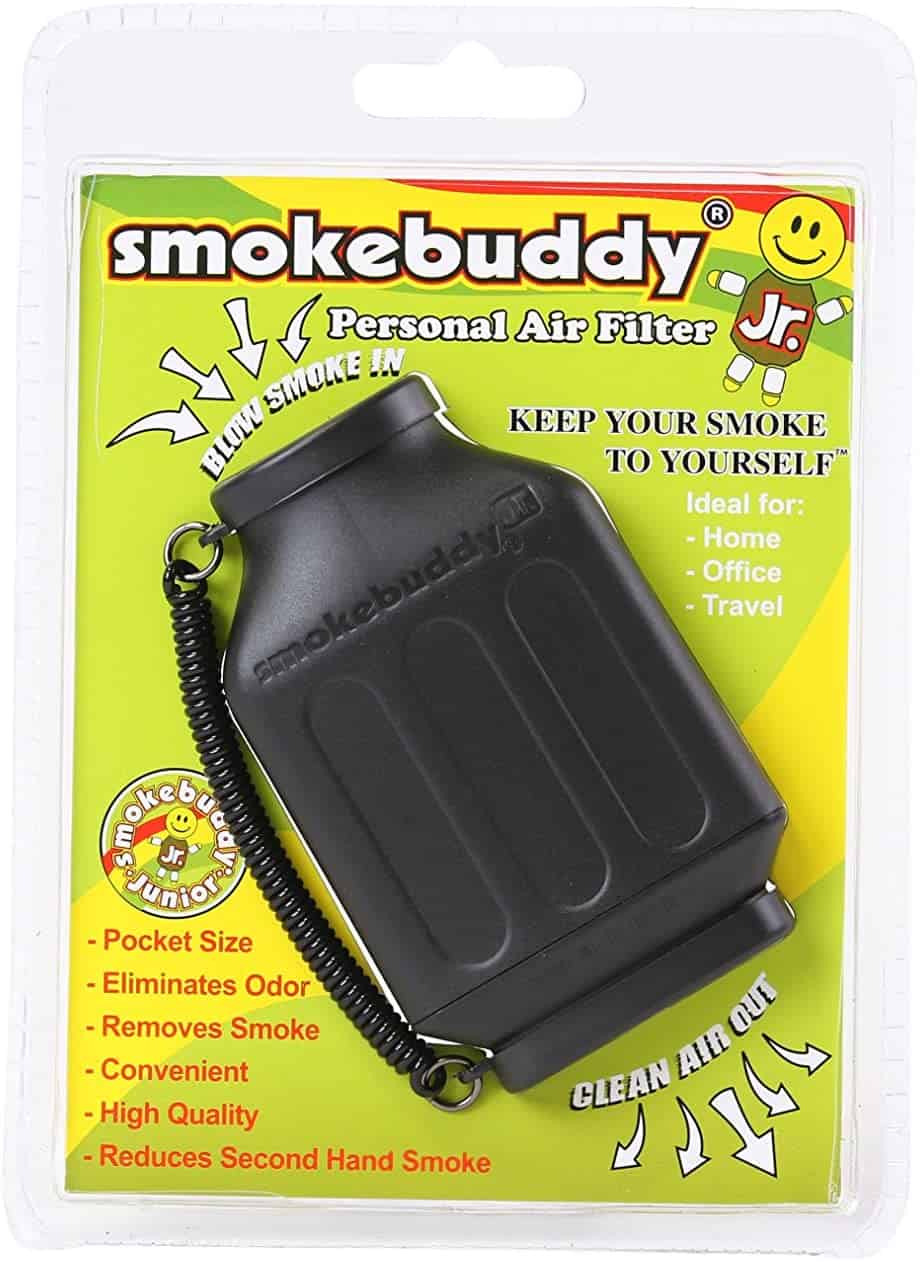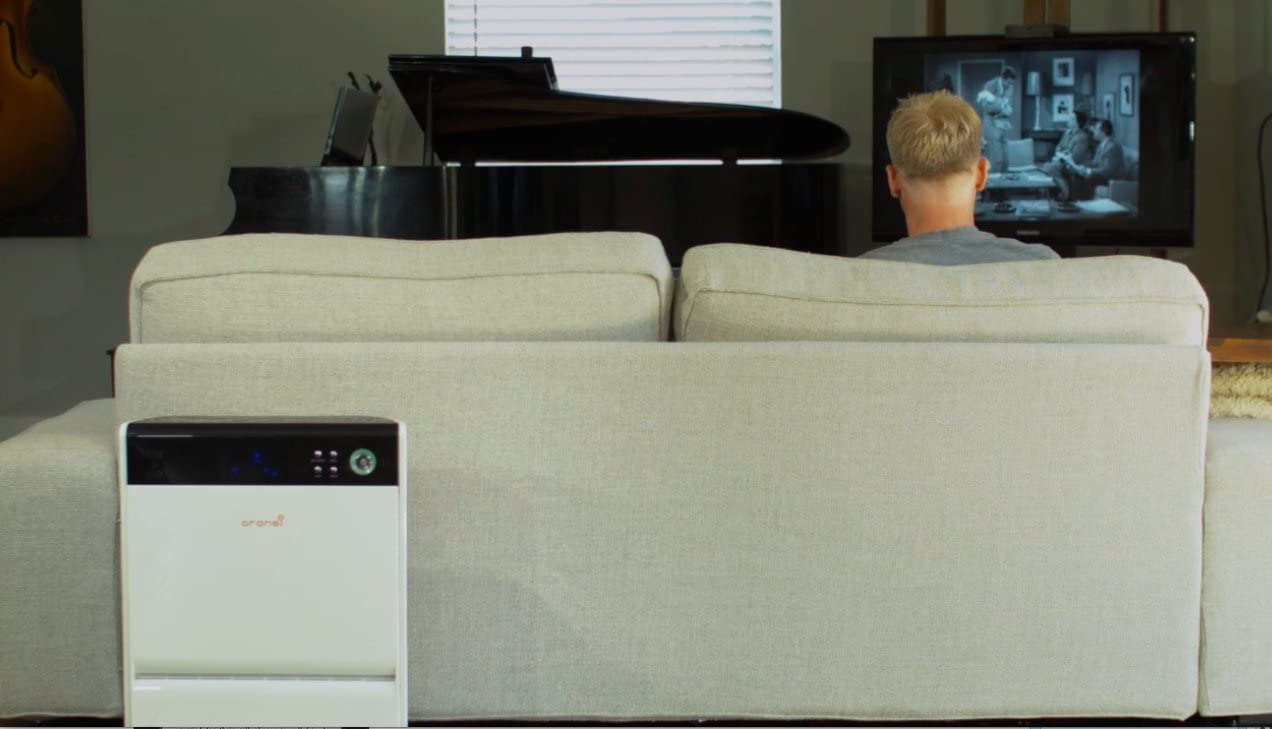Air purifier filters are sensitive components that will require regular maintenance. But what happens if you don’t change an air filter in a purifier? Keep reading to find the answer. Do not forget to check out our list of high-performing air purifiers.
KEY TAKEAWAYS:
- If you don’t change or clean an air filter according to instructions it will become clogged and could lead to serious issues.
- Your air purifier could become a breeding ground for germs and mold, and your motor could become taxed to the point of breaking down.
- You may also notice an increase in allergens and odors if you let an air filter clog up.
How Does an Air Filter Work?
Before you understand the dangers of allowing an air filter to clog up, it can be helpful to learn how they work in the first place. A filter-based air purifier will use fans to draw air into the filter, where this filter will hold on to any pollutants and impurities. The purified air is then released, via fan, back into the atmosphere. However, a true HEPA filter works when it can trap and remove 99.97 percent of particles that are 0.3 microns in size.
Insider Tip
A filter-based air purifier will use fans to draw air into the filter, where this filter will hold on to any pollutants and impurities. The purified air is then released, via fan, back into the atmosphere.
What Happens If You Don’t Change a Filter?
As you can probably tell, an air filter holds on to copious amounts of airborne pollutants. These pollutants will eventually add up and lead to a clog. If you don’t work to clean or replace the filters according to the manufacturer’s instructions, you can expect some issues to arise.
Reduced Efficacy
The first thing you will notice when a filter clogs is that the air purifier experiences a drastically reduced efficacy rate. In filter-based purifiers, the air filter is the component doing most of the heavy lifting when it comes to purifying the air. Filters need to be regularly maintained to maintain overall efficiency. For HEPA filters, try to replace them every six months to one year.
If you are a fan of air purifiers then you should be familiar with maintenance and performance. If not, here are some guides that can help: What does a red light mean on an air purifier? How to maximize air purifier efficiency. What is a pre-filter in an air purifier? And what is a good air purifier?
For electrostatic and activated carbon filters, try to clean them every month. These times could vary depending on the make and model of your air purifier and your overall usage.
Increase in Allergens
When an air filter becomes clogged, it doesn’t just stop collecting airborne pollutants. It could actually release allergens and related impurities back into the air. Why is this? If the air purifier is still running, the fans are still pulling in air through the filter and releasing it back into your environment. This air will have likely picked up a few unsavory particles on its trip through the clogged filter. In other words, you could experience a marked increase in allergens and related impurities.
Insider Tip
The first thing you will notice when a filter clogs is that the air purifier experiences a drastically reduced efficacy rate.
Increased Odors
If you have been using an air purifier to minimize offensive odors in your home, letting the air filter clog could increase the level of foul smells floating about. Odors are caused by physical particles, after all, and it is the filter’s ability to trap these particles that reduce bad smells. If the filter is clogged, it will no longer be able to trap and neutralize any odor-causing particles. Even worse? The air running through the filter could be dislodging trapped particles.
Increased Electricity Costs
Believe it or not, allowing your air filter to clog will increase the overall electricity cost of running your air purifier. The fans will have to work harder to push air through the filter, which means the motor will be taxed, adding up to a slight but noticeable uptick in electricity usage. If you do not want to experience a larger-than-average electricity bill, we recommend regularly maintaining your air filters.
Germs and Mold Make a Home in Your Air Purifier
Once the air filter has been clogged for long enough, it will become a breeding ground for germs, mold, and other unsavory elements. A good air filter will capture and trap germs, virus particles, mold particles, and related particles, but they will not be killed. They will wait there to be disposed of or washed away. If left to stagnate, they could breed and become a serious issue. In some cases, your air purifier could become unusable.
Warning
When an air filter becomes clogged, it doesn’t just stop collecting airborne pollutants. It could actually release allergens and related impurities back into the air.
Motors Might Break
After a while, the motor could become so taxed that it breaks. In this case, you will have to replace the air purifier, which will be much more expensive than cleaning or replacing an air filter.
Additionally, it is crucial to check what is a good cadr rating for your air purifier as it will determine how quickly the air purifier will clean the air of a room.
F.A.Q.S
How do carbon air filters trap gaseous pollutants?
Carbon air filters use a process called adsorption. Simply put, gaseous pollutants stick to the exterior of the filter until they can be disposed of.
Can an air filter actually improve your home’s air quality?
An air filter can actually improve your home’s air quality, but you should take care to clean and maintain it according to the manufacturer’s instructions.
Can regularly replacing your air filter help alleviate allergies or asthma?
This will depend on what is causing your allergies or what is activating asthma-related symptoms. Air filters and air purifiers are not miracle workers, but they can alleviate some allergy and asthma symptoms.
STAT: The United States Environmental Protection Agency has estimated that the level of volatile organic compounds (VOCs) in American homes could be as much as 5-7 times higher as compared to the outdoors. (source)

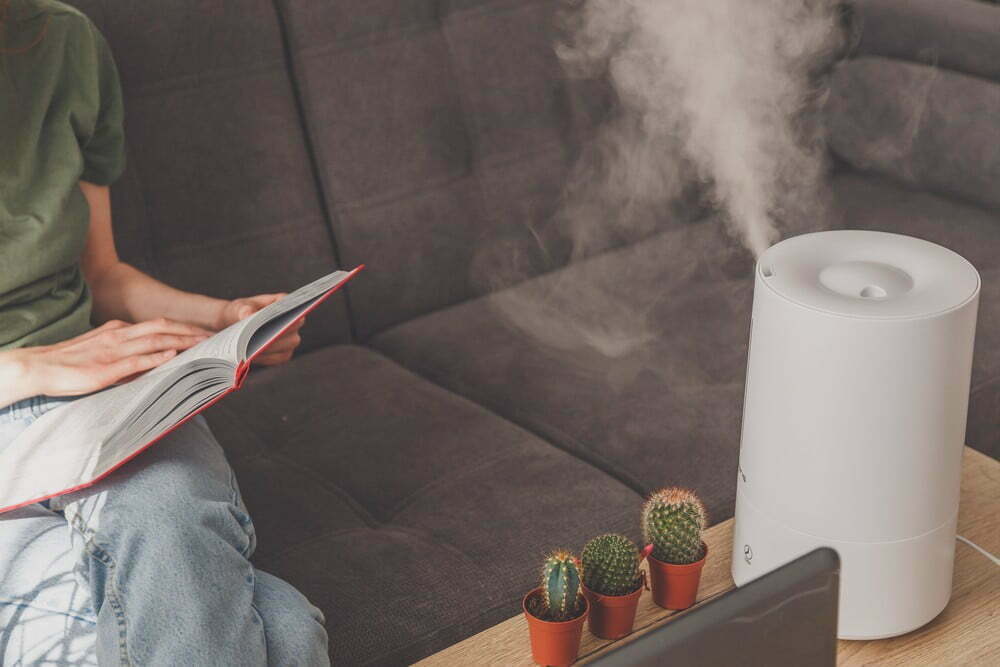













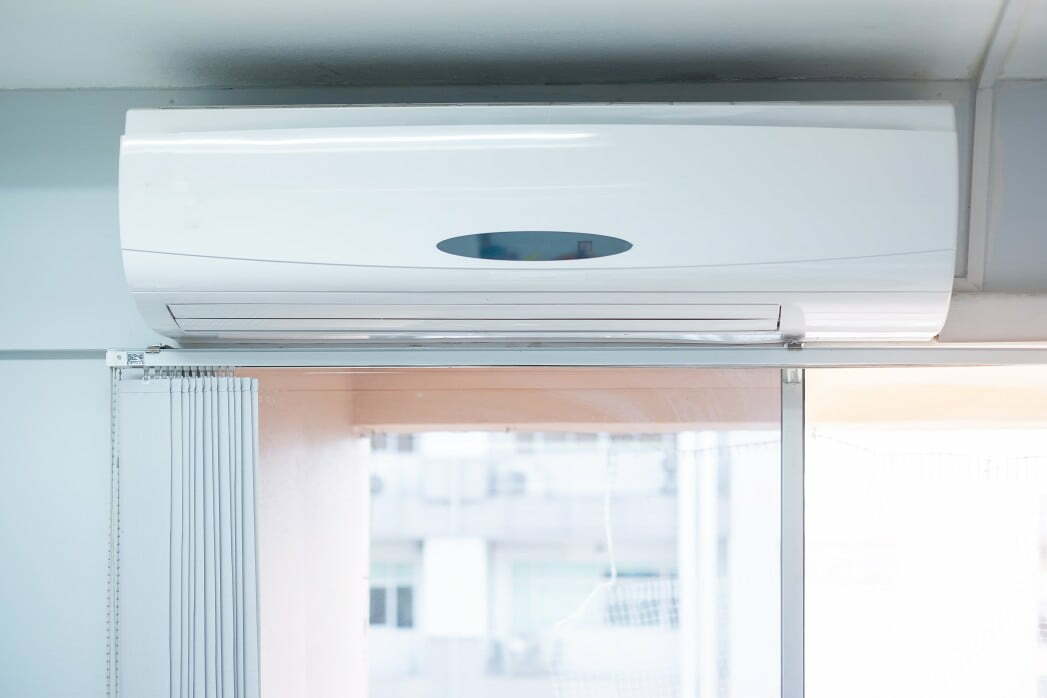
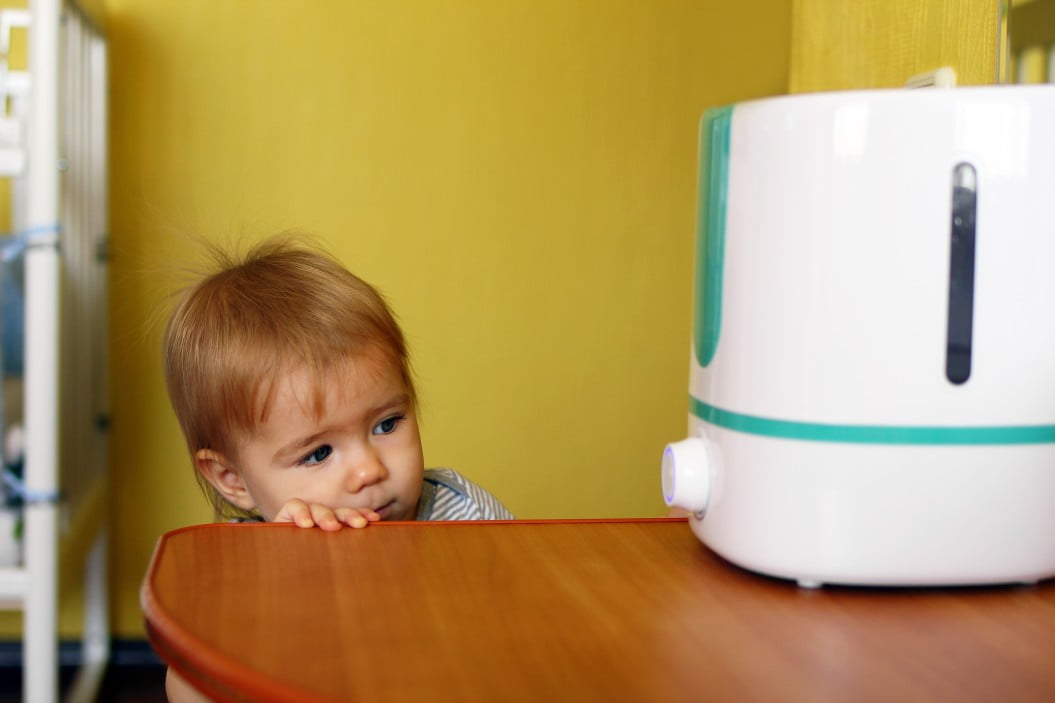
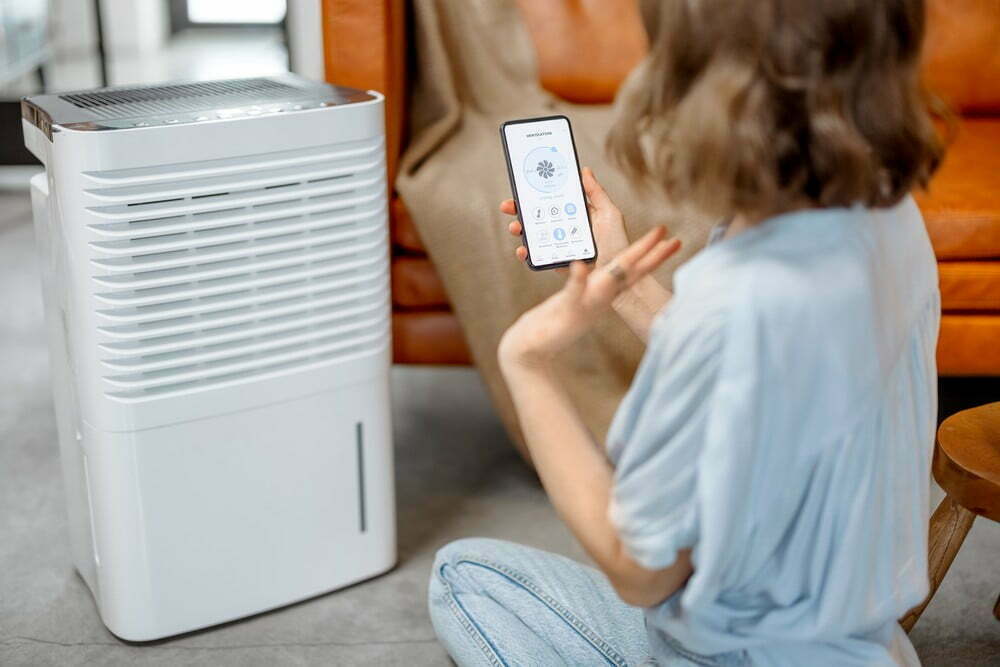
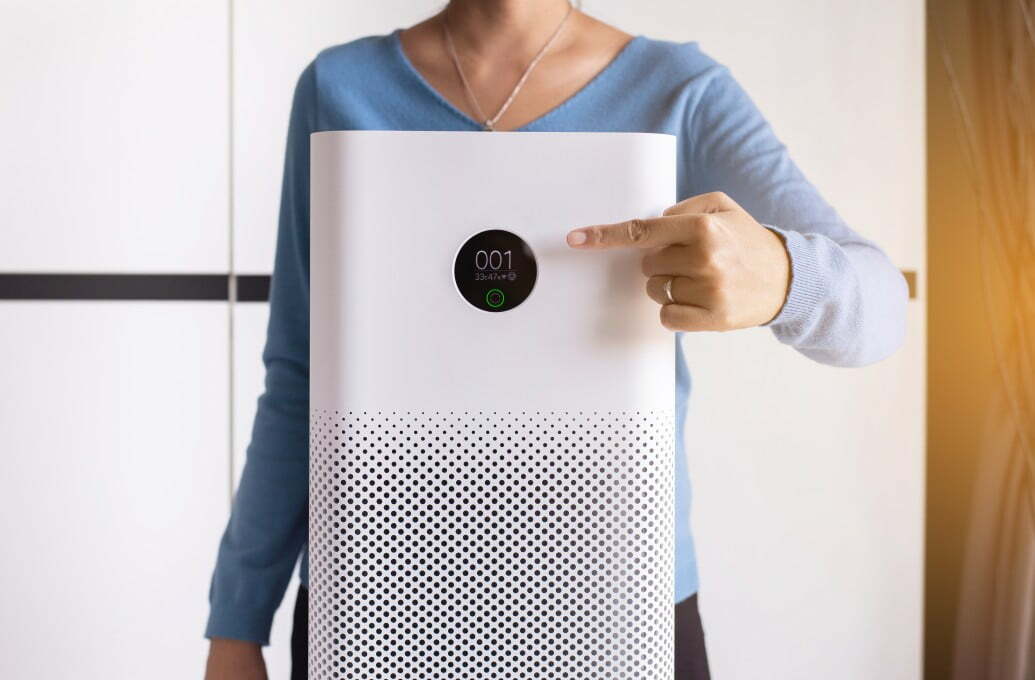
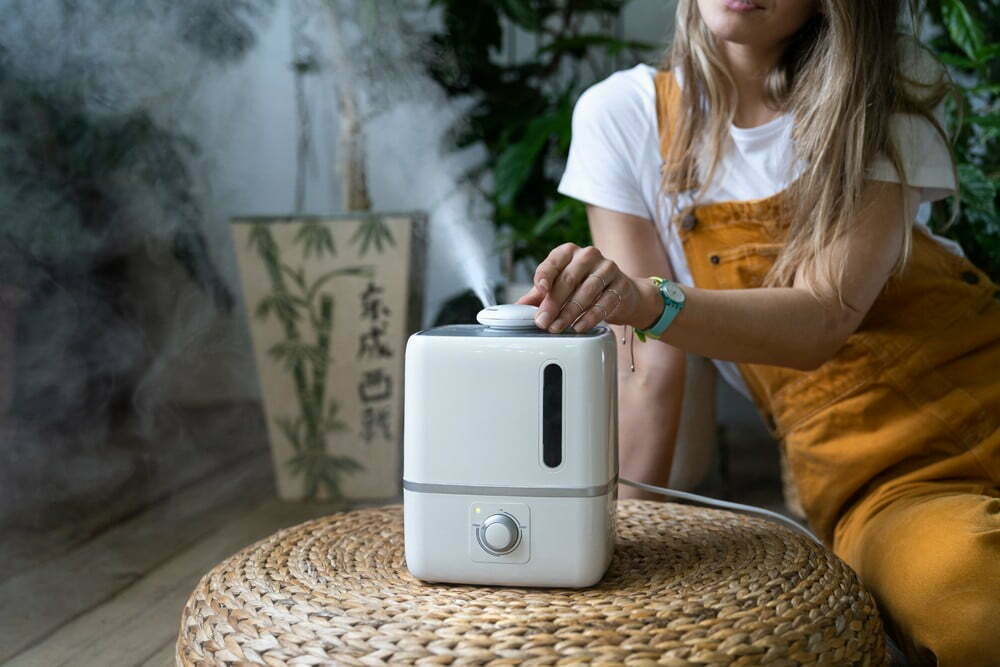
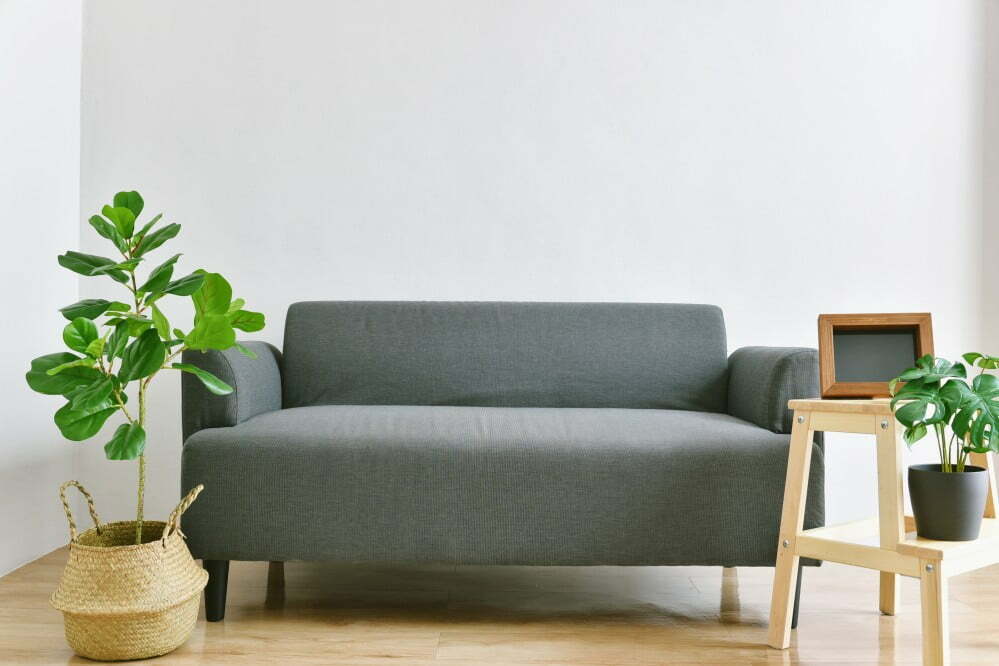

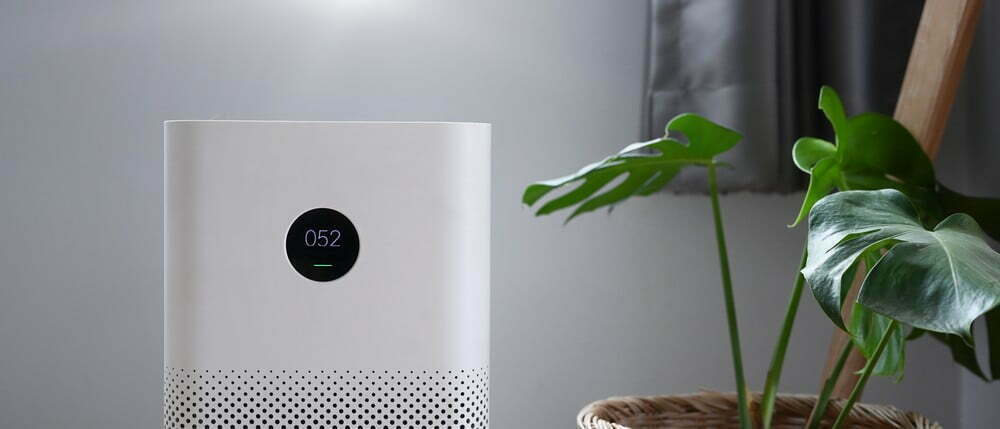
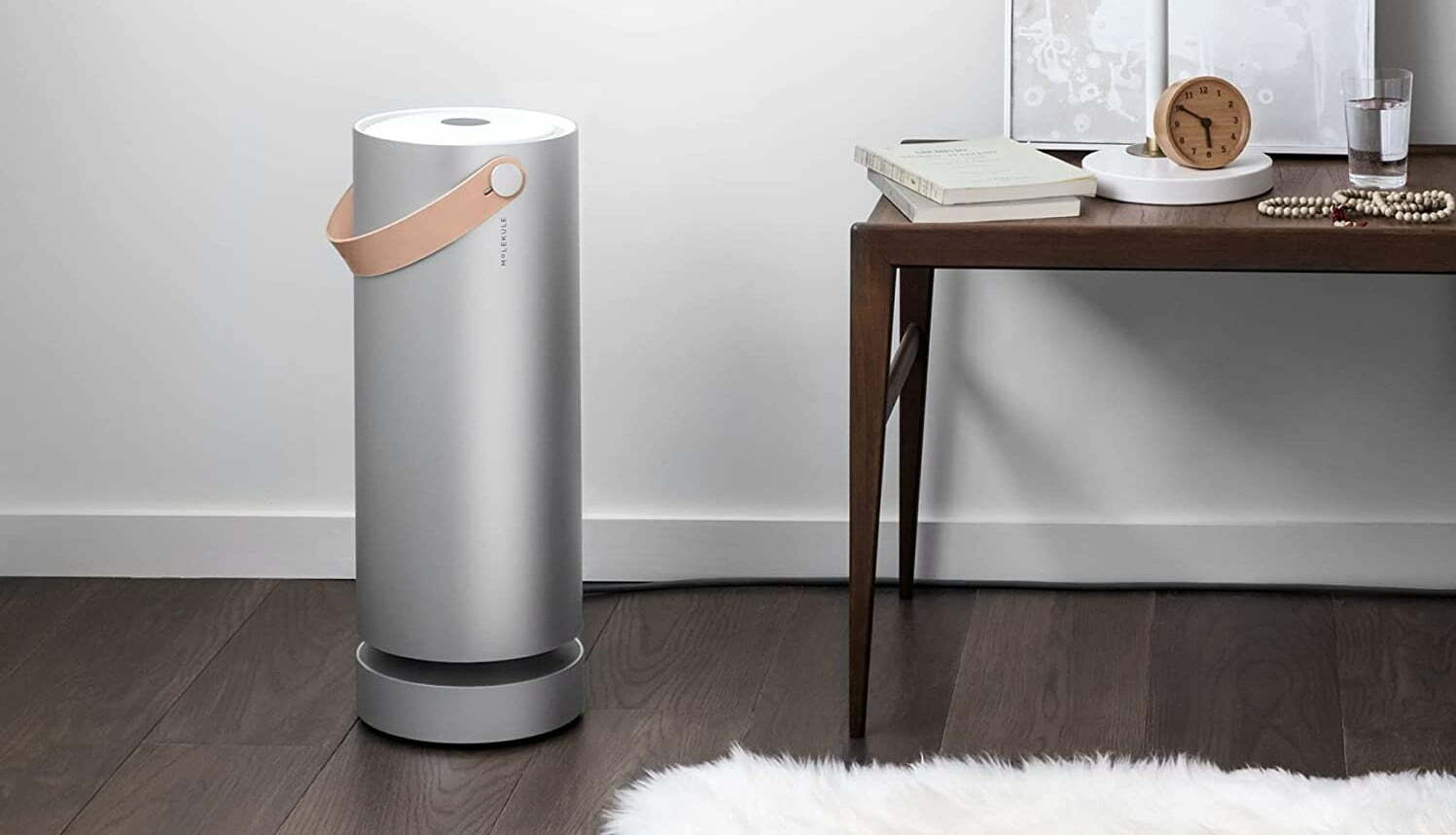
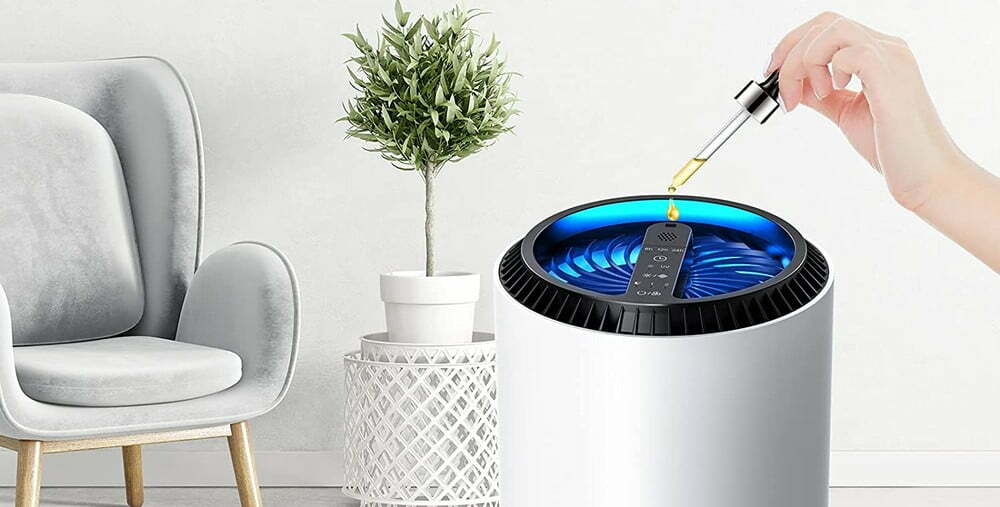
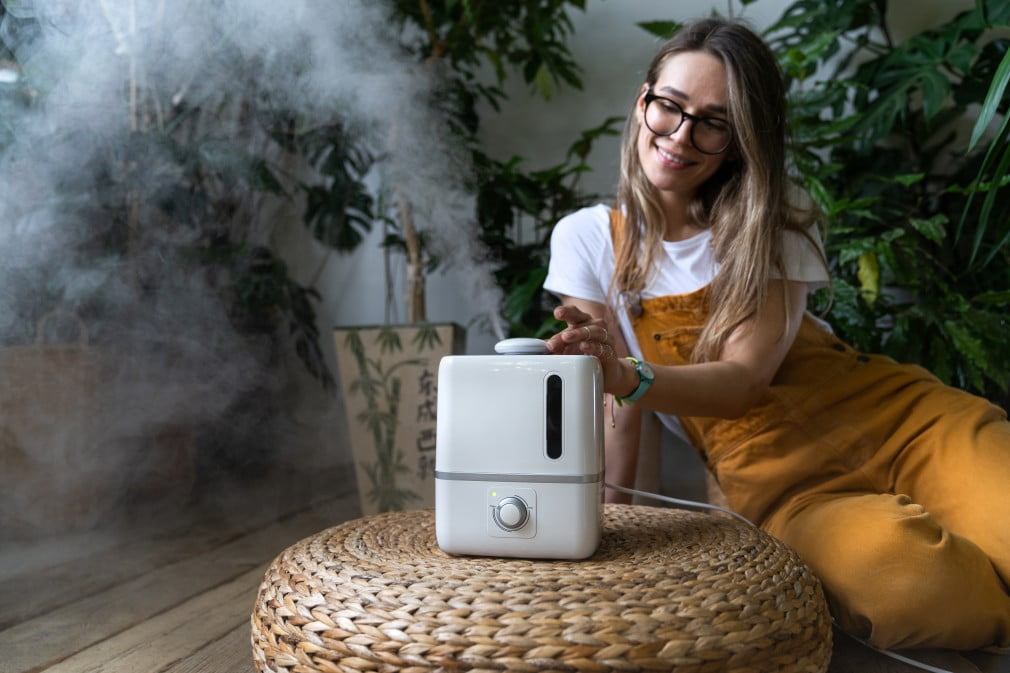
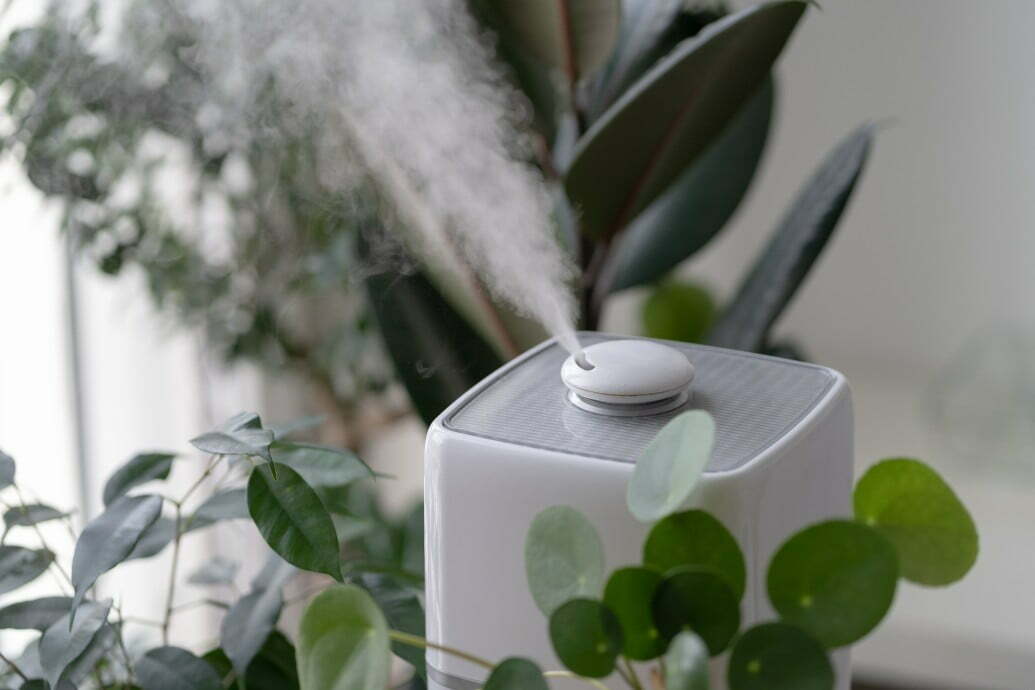
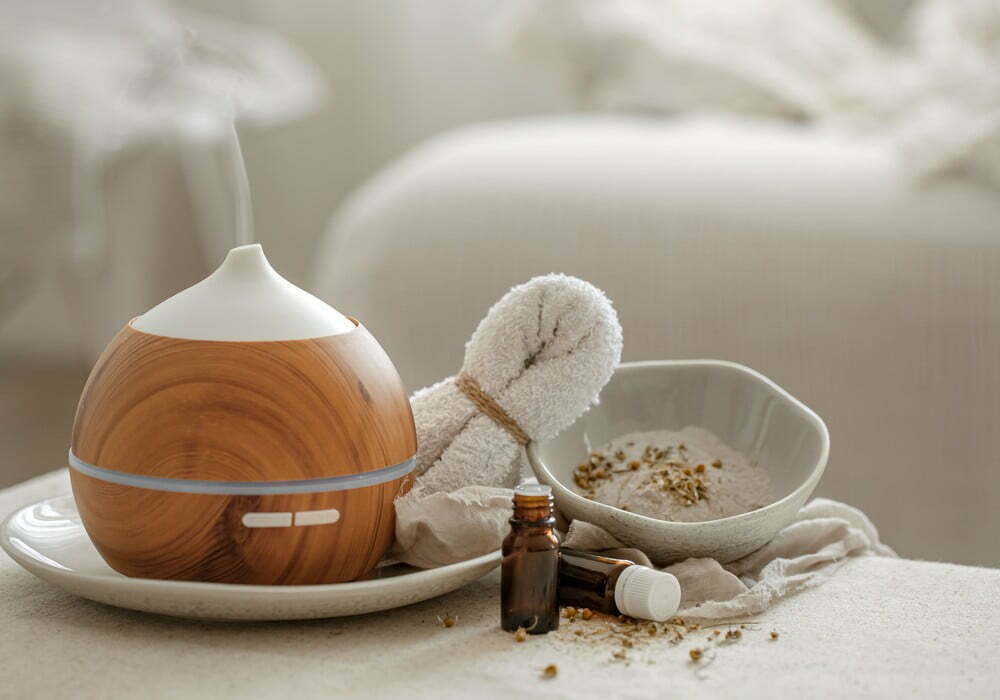
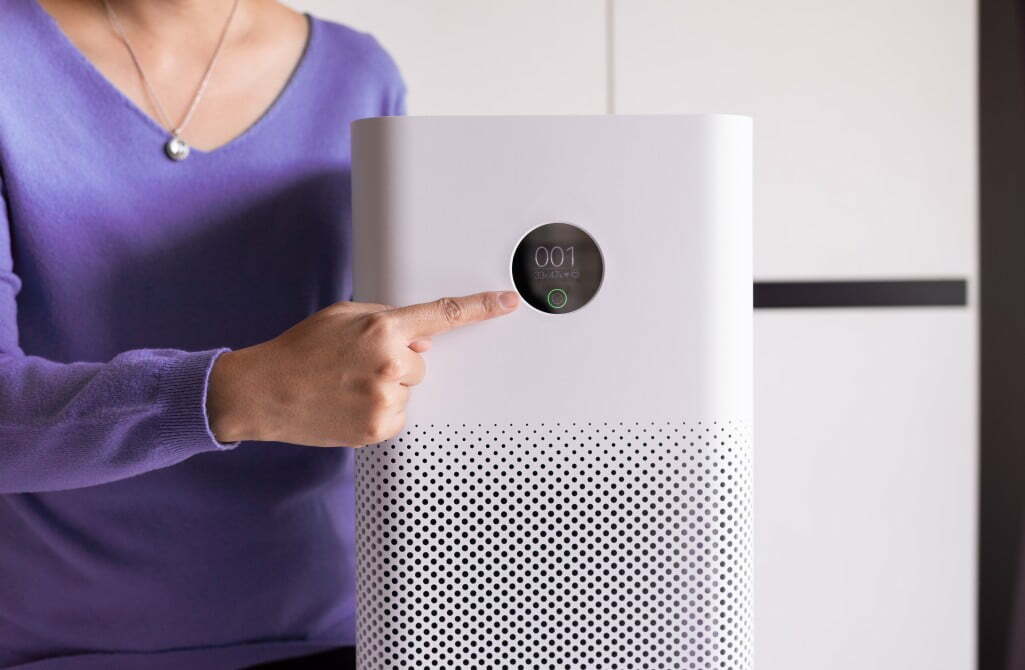
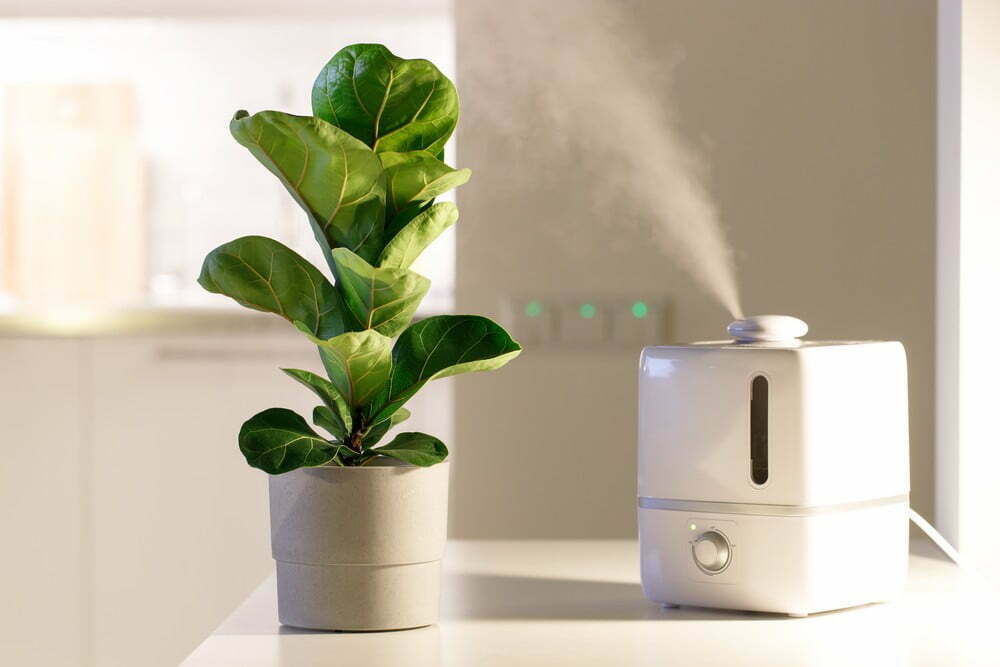

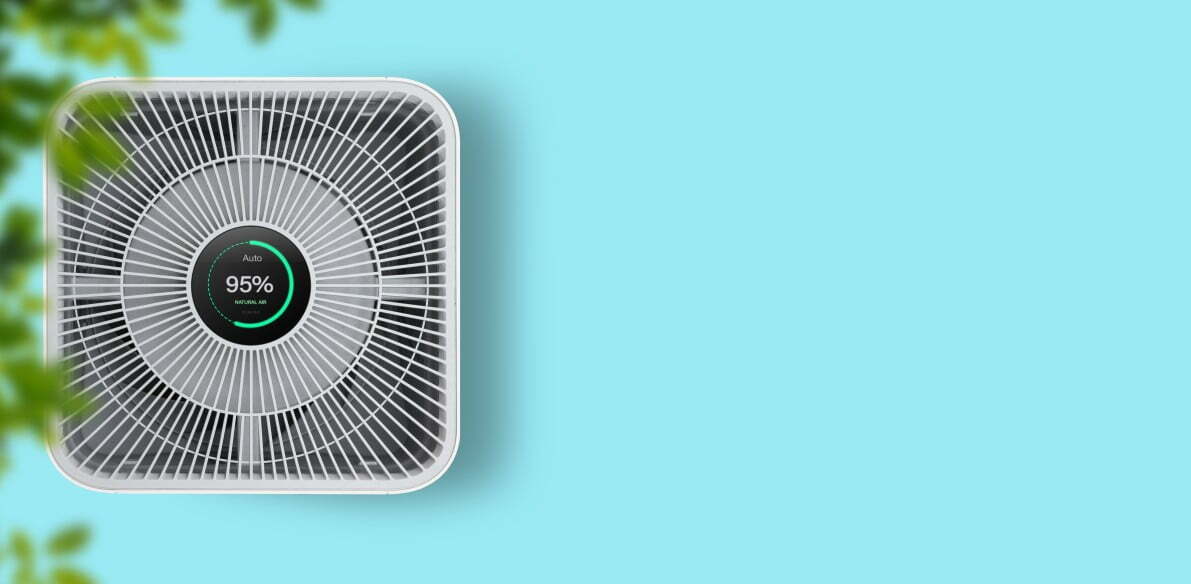
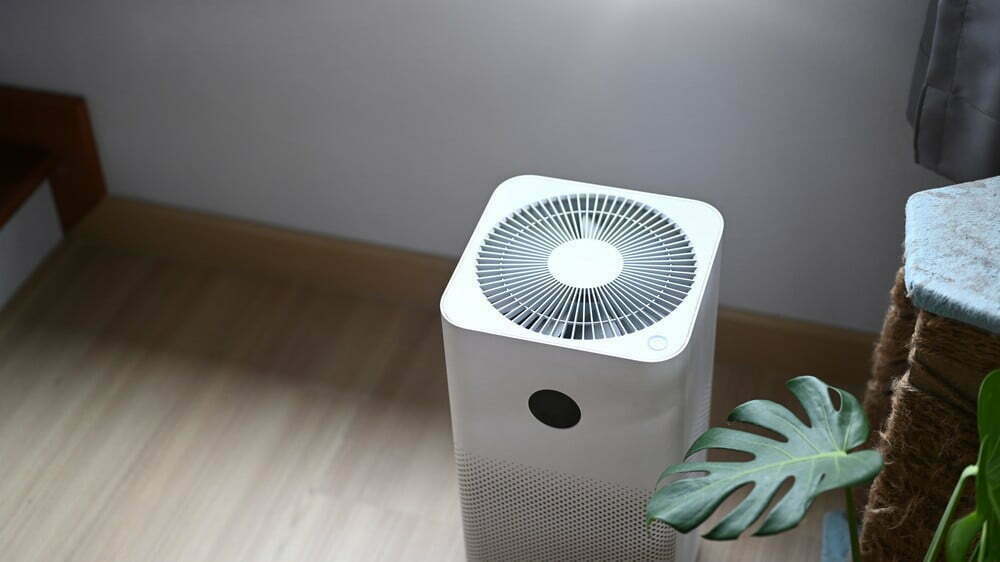
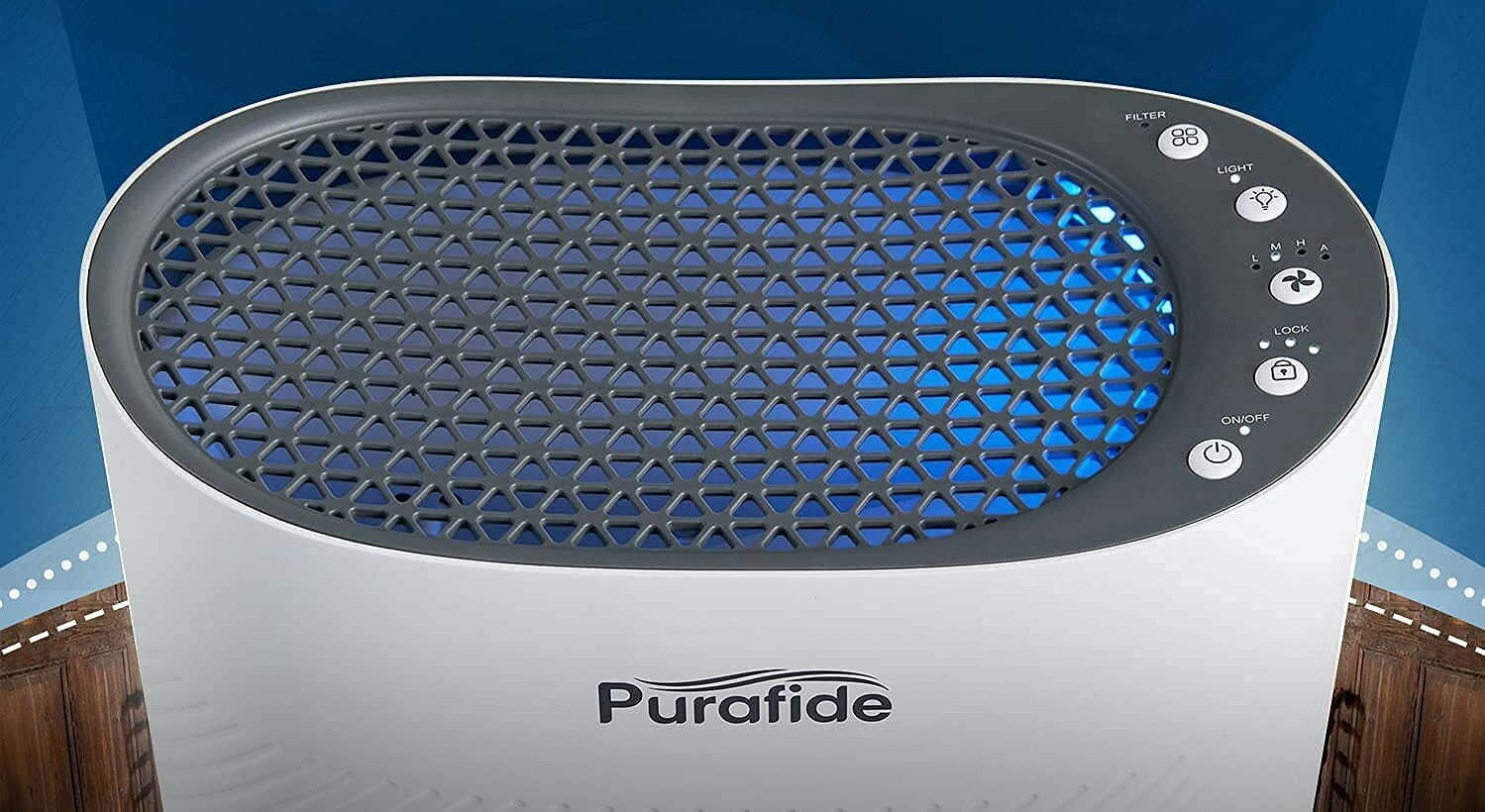
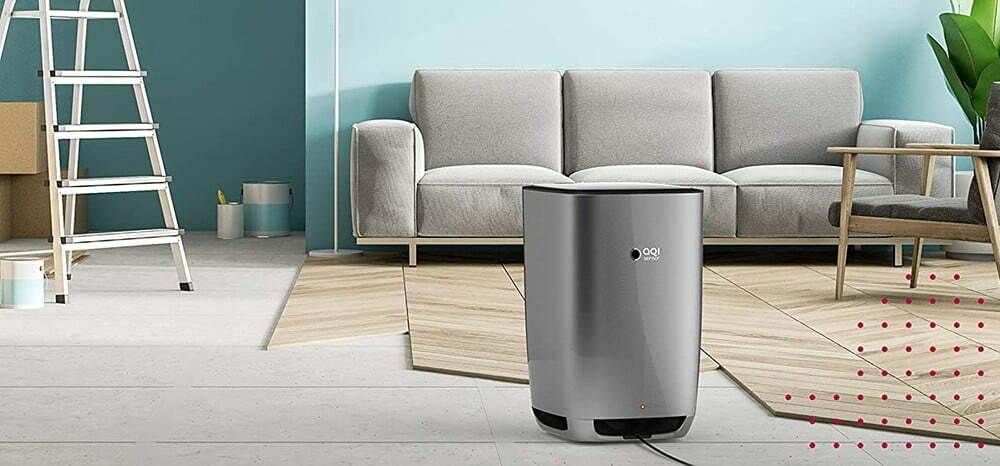
![Best Air Purifiers for VOCs and Formaldehyde in [year] 27 Best Air Purifiers for VOCs and Formaldehyde in 2026](https://www.gadgetreview.dev/wp-content/uploads/best-air-purifier-for-vocs-and-formaldehyde-image.jpg)
![Best Air Purifier in [year] ([month] Reviews) 28 Best Air Purifier in 2026 (January Reviews)](https://www.gadgetreview.dev/wp-content/uploads/Honeywell-True-HEPA-Allergen-Remover-HPA300-e1475603569442.jpg)
![Best Air Purifiers for Dust in [year] 29 Best Air Purifiers for Dust in 2026](https://www.gadgetreview.dev/wp-content/uploads/best-air-purifier-for-dust-image.jpg)
![Best Honeywell Air Purifiers in [year] 30 Best Honeywell Air Purifiers in 2026](https://www.gadgetreview.dev/wp-content/uploads/best-honeywell-air-purifier-image.jpg)
![Best Germicidal Air Purifiers in [year] 31 Best Germicidal Air Purifiers in 2026](https://www.gadgetreview.dev/wp-content/uploads/best-germicidal-air-purifier-image.jpg)
![Best Filterless Air Purifiers in [year] 32 Best Filterless Air Purifiers in 2026](https://www.gadgetreview.dev/wp-content/uploads/best-filterless-air-purifier-image.jpg)
![Best Levoit Air Purifiers in [year] 33 Best Levoit Air Purifiers in 2026](https://www.gadgetreview.dev/wp-content/uploads/best-levoit-air-purifier-image.jpg)
![Best Air Purifiers for Smoking Weed in [year] 34 Best Air Purifiers for Smoking Weed in 2026](https://www.gadgetreview.dev/wp-content/uploads/best-air-purifier-for-smoking-weed-image.jpg)
![Best Quiet Air Purifiers in [year] 35 Best Quiet Air Purifiers in 2026](https://www.gadgetreview.dev/wp-content/uploads/best-quiet-air-purifier-image.jpg)
![Best Desktop Air Purifiers in [year] 36 Best Desktop Air Purifiers in 2026](https://www.gadgetreview.dev/wp-content/uploads/best-desktop-air-purifier.jpg)
![Best Dyson Air Purifiers in [year] 37 Best Dyson Air Purifiers in 2026](https://www.gadgetreview.dev/wp-content/uploads/best-dyson-air-purifier.jpg)
![Best Air Purifiers for Dorm Room in [year] 38 Best Air Purifiers for Dorm Room in 2026](https://www.gadgetreview.dev/wp-content/uploads/air-purifier-for-dorm-room-1.jpg)
![Best Air Purifiers for Office in [year] 39 Best Air Purifiers for Office in 2026](https://www.gadgetreview.dev/wp-content/uploads/best-air-purifier-for-office.jpg)
![Best Air Purifiers for Basement in [year] 40 Best Air Purifiers for Basement in 2026](https://www.gadgetreview.dev/wp-content/uploads/best-air-purifier-for-basement.jpg)
![Best Air Purifiers For Odor in [year] 41 Best Air Purifiers For Odor in 2026](https://www.gadgetreview.dev/wp-content/uploads/best-air-purifier-odor.jpg)
![10 Best Personal Air Purifiers in [year] 42 10 Best Personal Air Purifiers in 2026](https://www.gadgetreview.dev/wp-content/uploads/best-personal-air-purifiers.jpg)
![10 Best Plug In Air Purifiers in [year] 43 10 Best Plug In Air Purifiers in 2026](https://www.gadgetreview.dev/wp-content/uploads/best-plug-in-air-purifier-image.jpg)
![10 Best Whole House Air Purifiers in [year] 44 10 Best Whole House Air Purifiers in 2026](https://www.gadgetreview.dev/wp-content/uploads/best-whole-house-air-purifier-image.jpg)
![10 Best Large Room Air Purifiers in [year] 45 10 Best Large Room Air Purifiers in 2026](https://www.gadgetreview.dev/wp-content/uploads/Coway-Airmega-200M-Large-Room-Air-Purifier-900x900-1.png)
![10 Best UV Air Purifiers in [year] 46 10 Best UV Air Purifiers in 2026](https://www.gadgetreview.dev/wp-content/uploads/best-uv-air-purifier.jpg)
